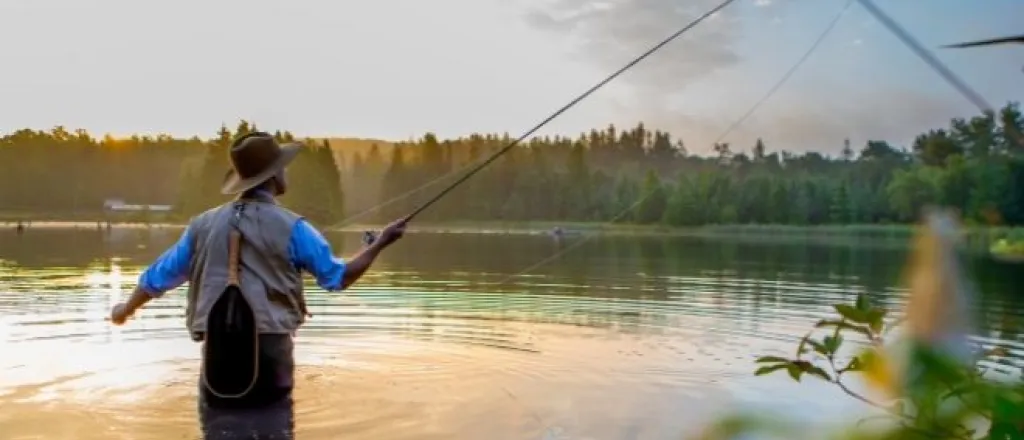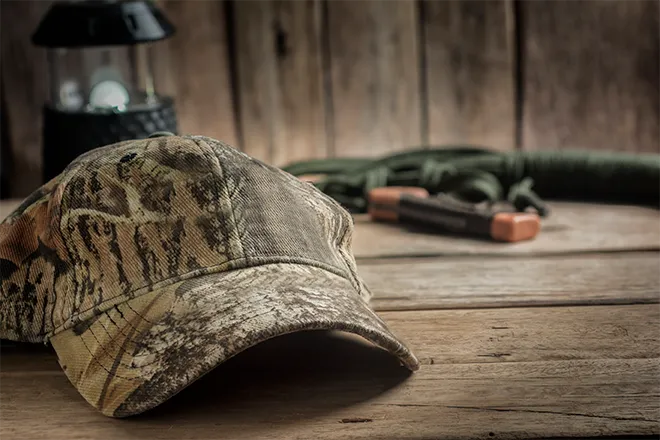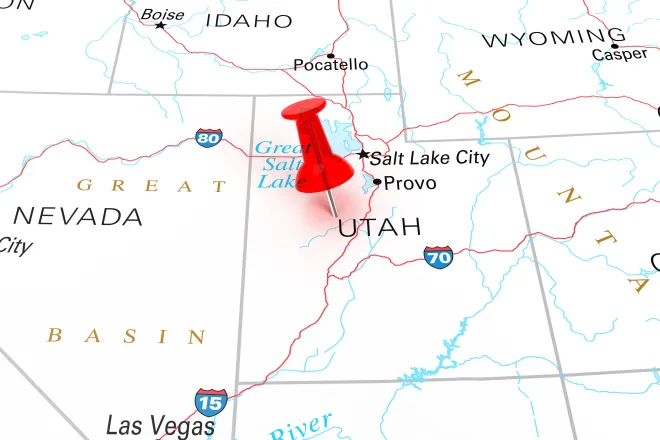
3 Novice fly fishing mistakes you should avoid
Fly fishing is a fun excuse to experience the great outdoors, but novice mistakes can make your time on the water disappointing. Thankfully, these issues are avoidable. Look through the list below to find three novice fly fishing mistakes you should avoid every time.
Lackluster locations
There are plenty of areas to fish in Colorado, but each spot has select areas where the most fish hang out. So, take time to learn the best places to find fish in any body of water you encounter. As we’ll discuss in the next point, observing the water before entering is a great way to learn fish behavior. It’ll help you find the best spot for angling.
Furthermore, ask anglers or peruse online resources to learn about the best areas to fish in local hotspots. That way, you can make the most out of your time in the water. Even if you’re in a beloved lake or river for fly fishing, there will be areas with less fish than others. It’ll be easy to avoid the more empty spots with some research.
Aggressive approach
One of the biggest novice fly fishing mistakes you should avoid is entering the water loudly. In this case, loud can refer to both appearance and sound. Bright, obnoxious colors are just as eye-catching to fish as an intruder splashing through their home. Understandably, newcomers who tend to jump into lakes or pools quickly for a swim don’t understand the importance of approaching slowly.
For the best results, wear gear that fits your surroundings, helping you blend in successfully. Likewise, move through the water slowly and carefully to avoid making too much of a ruckus. Finally, hang back for a bit and observe the fishes’ behavior before stepping into the water. Determine where they rise and eat so that you can plan your fishing techniques accordingly.
Poor prep
Ambition is great, but so is preparation. Unfortunately, some novices jump into the water too quickly and don’t fully learn about the essentials beforehand. Furthermore, many newcomers buy the right gear without studying the nuances that make one piece better than another. With this in mind, peruse gear shops online to get a feel for the wide variety of equipment available before heading to the water.
For example, there are straightforward but significant differences between rotary and stationary fly-tying vises. Likewise, many novices struggle with tying their knots, which makes a big impact on whether they can catch fish or not. That skill is critical to master. So, take some time to perfect your knot-tying skills early on.
















